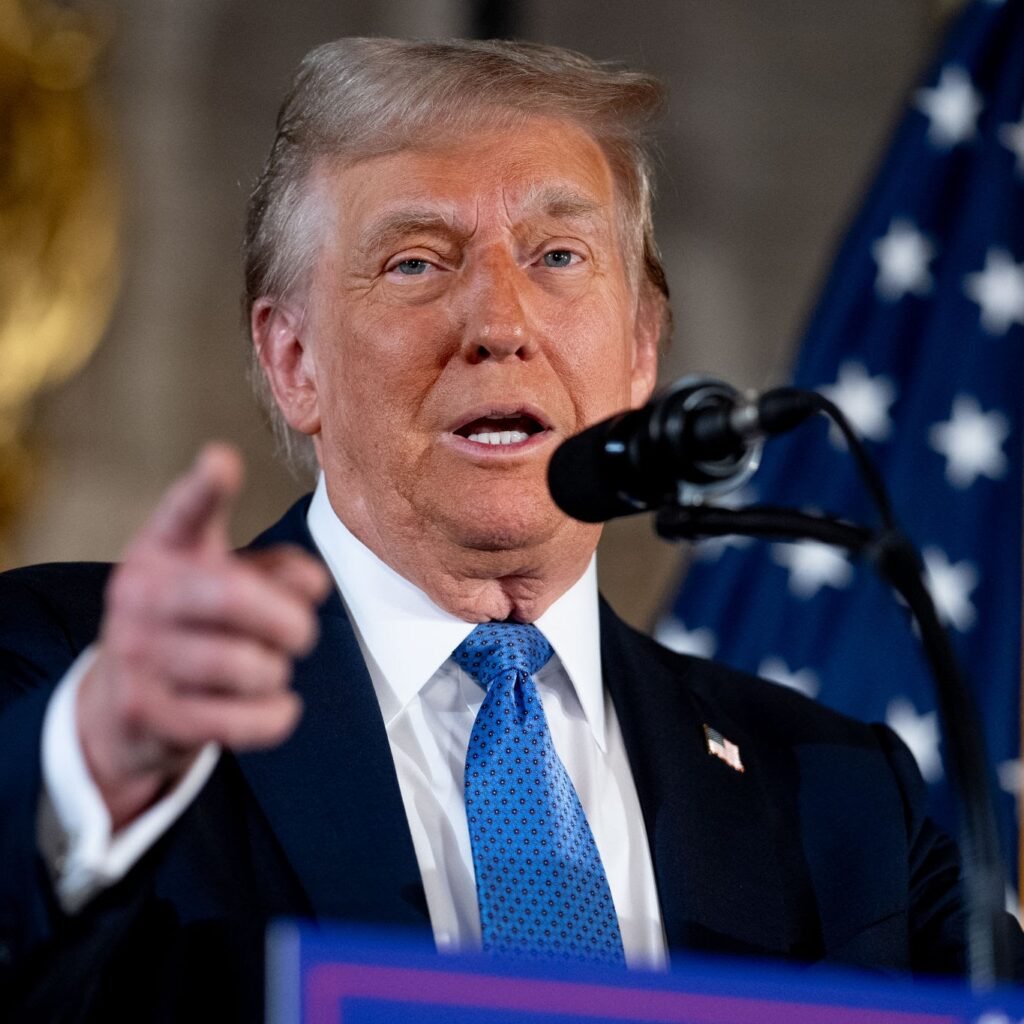President-elect Donald Trump has recently expressed intentions to reclaim control over the Panama Canal, citing concerns about high usage fees and potential Chinese influence. He argues that Panama’s management imposes “exorbitant” tariffs on American vessels, which he deems unfair. Additionally, Trump suggests that the canal is at risk of falling into “the wrong hands,” implying a threat from Chinese involvement.
In response, Panamanian President José Raúl Mulino has firmly rejected these assertions, emphasizing Panama’s sovereignty over the canal and denying any undue foreign influence. He maintains that the canal’s operations are transparent and that fees are determined based on operational costs and market conditions.
The Panama Canal, completed by the United States in the early 20th century, was transferred to Panamanian control on December 31, 1999, under the Torrijos-Carter Treaties signed in 1977. Since then, it has been managed by the Panama Canal Authority. Trump’s recent statements have raised concerns about potential shifts in U.S. foreign policy and the implications for international relations, particularly in Latin America.


